Rethinking Disparities
When conversations about racial injustice or systemic issues against Black people arise, I always hear conservatives bring up prominent wealthy, Black celebrities like Oprah as a rebuttal. How could Black people still be oppressed if there are Black billionaires, the logic goes. The success of relatively few Black people is often used to argue against the idea of continued oppression against the many more Black people who make less than the average white family.
This is a poor argument at its core in multiple ways. There are currently 2,755 billionaires in the world, with a combined net worth of 13.1 trillion dollars. Despite this, there are hundreds of millions of people globally struggling with access to food, clean water, and housing. Asking “How are lots of people hungry, thirsty, and homeless when a fraction of the population has almost all of the money” doesn’t make much sense- the answer is in the question, and anomalies are not indicative of larger trends. Also, black people are subject to disparities even within this elite financial class. In 2017, 1 in 7 white families were millionaires. Only 1 in 50 black families were. Not only can there still be problems even as certain people see success, but 1) that success can often play into such problems, and 2) that success does not shield people from facing problems that not even money can fix.
The evidence is in the numbers: the White-Black gap in median wealth was calculated at $164,100 in 2019. In 2020, the Washington Post reported that the economic gap between Black people and white people was as wide as it was in 1968– the end of the Civil Rights era fifty-three years ago. According to economists Moritz Kuhn, Moritz Schularick, and Ulrike I. Steins, “The historical data reveals that no progress has been made in reducing income and wealth inequalities between black and white households over the past 70 years.”
If Black Americans technically have the same rights as white Americans under the law, this shouldn't be possible. At its core, wealth disparity is a systemic issue, not a situational one. Though some Black people are very wealthy, that wealth is the exception and not the norm precisely because America has intentionally and institutionally deterred Black people from gaining wealth at many stages throughout American history.
Post–emancipation, Jim Crow laws limited access to education and public spaces in the South, excluding Black people from the benefits that were given to other American citizens. The U.S. government purposely segregated the housing market in the 1930s and 1940s, effectively leaving Black people out of suburban areas and pushing them into urban areas that were deemed less desirable. Despite being free now, Black people have faced immense discrimination that limited their economic prospects at every turn.
Since the end of the Civil Rights movement saw the overturning of outright discriminatory policies like in the case of Brown v. Board of Education or the passage of the Civil Rights Act of 1964, Black people have continued to be economically disadvantaged in more understated ways. An apt example is the recent case of Ericka Parker, a Black homeowner who had her house valued $100,000 higher after she hid all evidence that the family who lived there was Black. Her situation reveals another way in which racism can operate; subtly, to the point that someone who has never experienced it wouldn’t recognize it. For Erica and other Black Americans, being given less is just a part of the norm, yet still glaringly obvious. White people just see the system as fair because it operates fairly for them.
In America’s capitalist structure, wealth is and always will be directly linked to power. As long as the wealth gap remains so wide between racial groups, Black people will be at a systemic disadvantage. Frankly, it’s ignorant to pretend that Black and white people are on even–playing fields. Even if they were (speaking strictly economically), a Black girl who has a stereotypically Black name with the same credentials as her white counterpart, for example, is still statistically less likely to get job opportunities due to implicit and explicit biases. The average Black person with an advanced degree has even less wealth than a white person with only a high school diploma. These are things that run very deep, and cannot be solved with just money.
We must rethink the way we see “equality” under American law. Historical and current discrimination means that even if our legal system is supposed to see us all as having access to equal opportunities, the system itself was built to work against Black people. Economic inequality persists because of the many social inequalities we haven’t yet eliminated. Until we reckon with the many ways African–Americans are continually discriminated against, conversations that paint the Black-white wealth divide as mere coincidence will be unproductive. Black people are not seen equally in America, and it’s clear that has enormous economic and social repercussions.
There’s plenty more to talk about, plenty more dots to connect, plenty more context to give. We’ll continue doing so next week at 2 PM.

